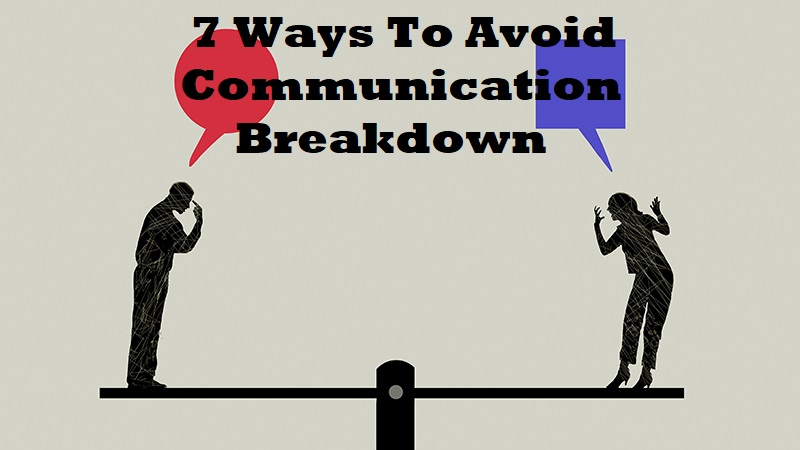
Communication breakdowns can happen in all kinds of situations whether it’s in relationships or professional settings. These breakdowns usually result in misunderstandings, conflicts and, of course, missed opportunities. We all suffer from them, but take heart, because in this article, we outline seven communication strategies that you can adopt to avoid communication breakdown. So let’s get started!
1. Active Listening
One of the important aspects of effective communication is active listening. Here, you don’t just wait for your turn to speak. You actually focus on truly understanding what the speaker is saying. Pay attention to both their words and non-verbal cues like tone of voice, body language and facial expressions. Then take a moment to reflect on what they’ve said before responding so that you can ensure clarity, consistency and a healthy respect for their views.
2. Clarify and Confirm
Confusion often happens because we make assumptions or aren’t actually very clear in what we say. It’s easy to prevent this from happening: simply make it your habit to clarify and confirm information during conversations. If something is unclear, don’t hesitate to ask questions. You can also repeat points. Rephrase them in your own words to ensure that both of you have a clear understanding of the message being given out. By doing this you’ll minimize misunderstandings. Promote communication, in fact.
3. Use Clear and Concise Language
Don’t use jargon or vague language! This will inevitably create a communication barrier as it’s likely to lead to confusion or misinterpretation.
When communicating with other people, always use concise language that’s easily understandable by the listener.
A simple way of thinking of it is to always “Keep It Simple!” You’ll find it much easier to convey your ideas.
4. Be Mindful of Non-Verbal Communication
Things like gestures, facial expressions and body language all play a central role in how we communicate. So pay attention to your non-verbal cues and how they might affect the message you’re trying to put across. At the same time, observe the verbal signals of others so you gain insights into their thoughts and feelings. We may often forget, but being fully aware of verbal communication helps foster better understanding and connections.
5. Manage Emotions
Emotions can greatly influence communication dynamics, either helping or hindering dialogue. When discussing topics or facing conflict it’s important to handle emotions in a calm and composed manner. So stay calm! And stay composed! In challenging situations where breakdown is likely, avoid impulsive reactions, and practice doing this. Make a serious effort to understand other people’s perspectives so you help to create an environment that’s conducive to open and respectful communication.
6. Seek Feedback — and Adapt To It!
Communication is a process that requires feedback and adaptation. So make sure you encourage others to give feedback on your communication style and its effectiveness. Be open to criticism (as long as it’s constructive!) as a golden opportunity for growth. Let’s face it, being defensive is a sure way to create an instant barrier, to instigate a communication barrier that kills a conversation stone dead…
But also be proactive, and pay attention to how people respond to your communication efforts. You can often pick up clues as to their level of understanding, approval or even attention, so be willing to adjust your approach when necessary to improve outcomes.
7. Develop Empathy and Understanding
Empathy is a vital aspect of communication, because it involves understanding and sharing the emotions of others. Cultivating empathy means putting yourself in the shoes of the other person and paying attention to their perspective. Show genuine interest in their thoughts and feelings, and you’ll build trust and rapport. By demonstrating empathy and understanding you create an environment that promotes better communication.
Wrap Up
To sum up, effective communication plays a big part in building relationships and achieving success in many areas of our lives. By implementing these strategies — like active listening, clear expression, mindfulness, emotional control and empathy — you can avoid communication breakdowns and foster better connections with others.
Remember that communication is a skill that can be developed and improved over time leading to better interactions and positive outcomes. So our work is never done here, and returning to these rules, improving wherever we can, will enable us to continually improve our communications, our relationships — and our lives.

